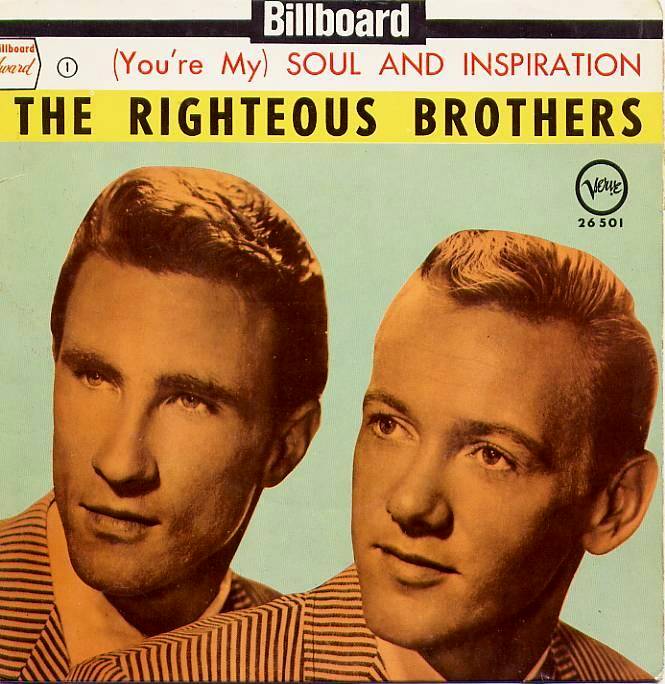
THE RIGHTEOUS BROTHERS
Sociologists of the structuralist school believe that wrestling is a social ritual and therefore carries the values of the ruling elite. All rituals do this but professional wrestling, with its expanded theatre of stereotypes, provides the richest illustration of their thesis. The bibliography is long. Michael R. Ball’s hard-to-find book Professional Wrestling as Ritual Drama in American Popular Culture lists 170 relevant articles, putting aside fanzines or fictional occurences. It does not extend beyond 1989, since when much more material has accumulated, nor does it refer to Angela Carter’s ‘Giants’ Playtime’ (no.332) essay from a 1976 issue of New Society. Shame to have missed that. Ball was only after American examples of course but he would have found much to learn from the Brits.
The tygers of wrath are wiser than the horses of instruction and the subjects of sociological research are almost invariably wiser than the sociologists. Gray mentions a late eighties tag team calling themselves The Bolsheviks who sang the Russian National Anthem for WWF as their entry theme. Blindly arrogant villains, they stood in sharp contrast to the honest Nikita Koloff, who was likewise Russian, but remained a solid favourite.

The Bolsheviks
Long before the Bolsheviks, in the early- to mid- seventies, there was a British tag team called The Righteous Brothers. The Righteous Brothers consisted of Che and Ho, men with beards and a certain limited knowledge of the technical aspects of wrestling. They were before their time in this respect, as soon you would need no knowledge at all. They would enter the ring with a Black Power salute, strip off scarlet gowns to reveal T shirts with screenprinted images of their adopted characters, set off by psychedelic patterns. Their ankles were yoked together by a single chain that they ritually broke as they were being announced.
The Righteous Brothers’ real names were Mackenzie and Howe. Colin Mackenzie had been a stevedore in Liverpool and Chris Howe was a bricklayer from South London. They had been brought together by their manager John Fowler, who was a genuine innovator, the first of the ‘character’ managers,. He arrived in top hat, opera cloak and cane and a heavy fob watch, the archetypal capitalist driving his victims before him. His stage relationship with The Righteous Brothers was clearly exploitative. He made a great fuss of sneering at the Socialist Workers Party table outside and occasionally upending it. He would hold the chains discarded by the Brothers during the contest and strike at their opponents with it, working up a roar of fury from the crowd. Having worked in the theatre as a scene shifter and attended WEA classes in the development of socialism as an ideology, he was perfectly aware of his social and ritual function and could quote large chunks from the 1848 manifesto. Some time in the early seventies Fowler had made friends with a group of artists wearing Chinese ‘revolutionary’ outfits who had erected co-operative Mao tents at the ICA. He met Mackenzie and Howe later, Mackenzie at a dockers’ strike where he was distributing leaflets and Howe at a pub in Deptford. Fowler loved wrestling and so did they, two strapping lads without money. Mackenzie played football and kept fit at the local baths and Howe had done a little judo. That was enough. Fowler’s friends say that the idea for the tag team came from toying with the names and appearances of Mac and Howe. Howe sounds a little like Ho, and Mackenzie looked like Che Guevara.


Fowler knew that entering a commercial web meant playing by commercial rules. He would adopt the biggest grinning capitalist mask and play it straight. The Righteous Brothers was just perfect as a tag name. You never close your eyes when I touch your fingertips - you’ve lost that loving feeling was a terrific song and made fine entrance music (Fowler was an innovator in this too.) He had photographs taken of the boys, Mackenzie in camouflage gear and a beret and Howe in Mao jacket and cap with a red star on it. He even had Howe holding a little red book. The fliers said, The Revolution is Coming! Justice with The Righteous Brothers! The major promoters considered the idea of course, but were not taken with it. They knew their audience. Exotic was fine but not if it was serious. Class was irrelevant to them.
REMAIN IN YOUR SEATS: TO BE CONTINUED!

2 comments:
The build-up to the Giant Haystacks v Big Daddy fight was one of the most nerve-wracking sporting weeks of my young life.
At that age, my mates and I took everything on World of Sport completely, unsmilingly, equally seriously. Dickie Davis was a wise father figure and guide.
And I was worried for Big D: would he lose? would he get hurt? would the referee allow GH to get away with it all again? Would the tension destroy me and prevent me from watching?
Not how I remember it at all..
Thank you for that, Anon. The first referee puts on quite a show until he is injured.
Post a Comment